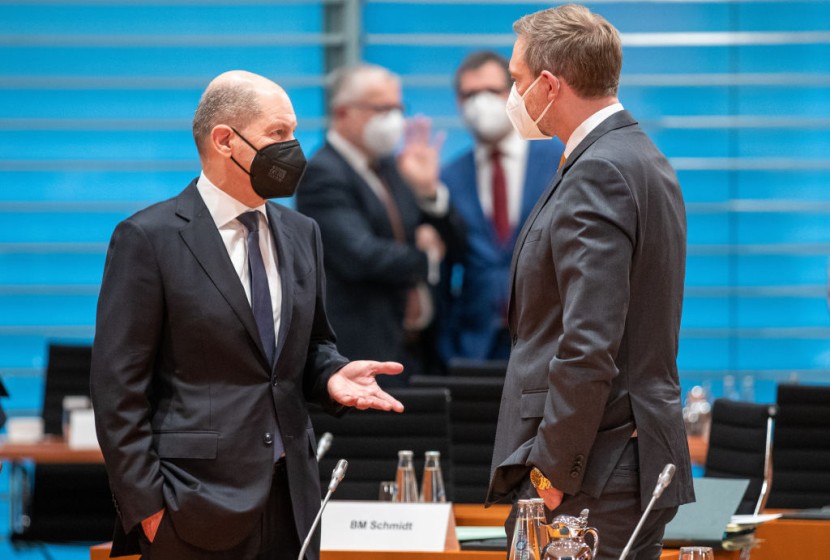
The German economy is in flux as the energy crunch is spiraling inflation costs that are causing price hikes affecting the country.
All these realities have affected the largest economy in the EU, which is suffering due to Ukraine tensions. According to a survey, inflation will be as high as 46 points as the projection.
Consumers Worries Over Increasing Prices
Concerns over the rise of inflation for everyone will not be suitable for consumers who are more affected by these financial downturns.
The head of IFO economic forecasts, Timo Wollmershäuser, said that companies are coping with increased expenses for energy and material for their products by passing the increased costs to their consumers, reported the Express UK.
He added that consumers should expect to pay more; the monthly rate for inflation will be at four percent. This was forecast to be the rise in cost for 2022, pegged at the mentioned rate.
Last December, the cost of living was as high as 3.3 percent due to some factors. He added that the survey values were from all sectors in the German economy.
This particular rise in prices was in wholesale (60.3%), next would-be retail (57.7%), including industry at (55.6 %) as reflected in the rise of inflation.
Most service providers registered a 41.9, which is high, while construction would register at 41.5.
The effect of these balance values in the prices expected shows how high these companies would increase their rates, cited Day to News. It's also indicative of firms that want to lower their costs in relation to the German economy as well as rising inflation costs.
Should all the companies surveyed want higher prices, the balance will be 100 points. If it's the opposite and their costs will be lowered, it should be minus 100. All the neutral answers were ignored in the result. This balance is usually seasonally adjusted as well.
Although the IFO institute would not ask anything about how the price changes would come about, this situation has not been reported other than in Germany.
Rising Inflation Costs Impact on German Economy
Newly inputted data last week has shown a growth in the French economy in 2021, which according to analysis one of the fastest improvements in the previous 52 years.
Compared to other EU countries, Paris has returned to its pre-pandemic state, which indicates President Emmanuel Macron has steered the economy in the proper direction.
The National Statistics Institute of France revealed that the French GDP (gross domestic product) went up by 0.7%.
When the pandemic struck down the economy in 2020, it surged to 0.5 to 0.7% in 2021, as analysts' prediction showed a rise, not a decline.
Spain gained more growth in the final quarter of 2021, and its GDP recovered up to 2% in three months, based on data. It was much higher than the lower 1.4% in a Reuters poll.
Spanish tourism had not recovered from the pandemic with their huge tourism industry due to lockdown and reduced travel, which lessened earnings.
COVID slammed the automotive industry bad Germany and its automotive industry is the biggest loser in the pandemic due to many factors like semiconductor scarcity that affected production seriously, noted Jaituss.
The German economy is suffering from rising inflation costs that increase living costs due to the Ukraine border and the energy crunch, which could worsen. However, France and Spain have picked up a from last year.








